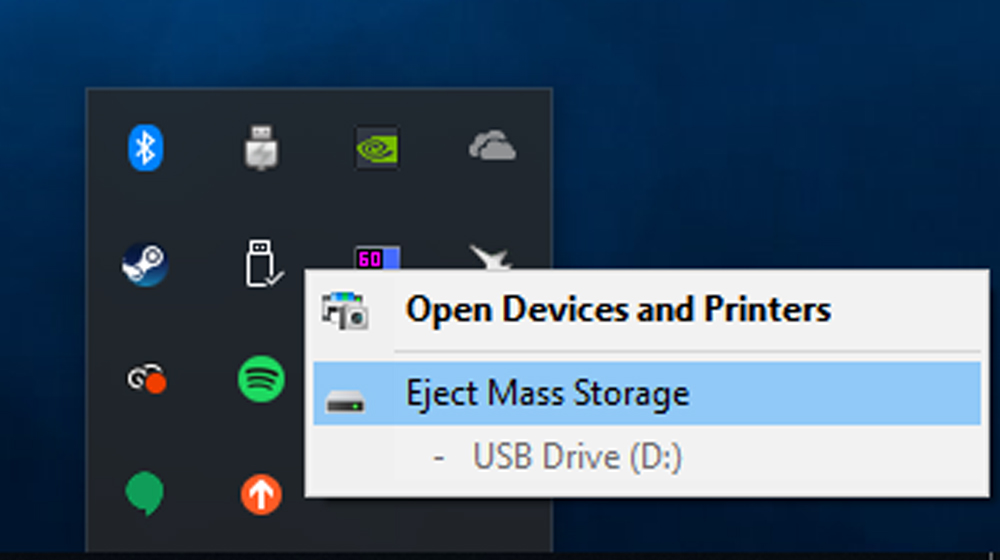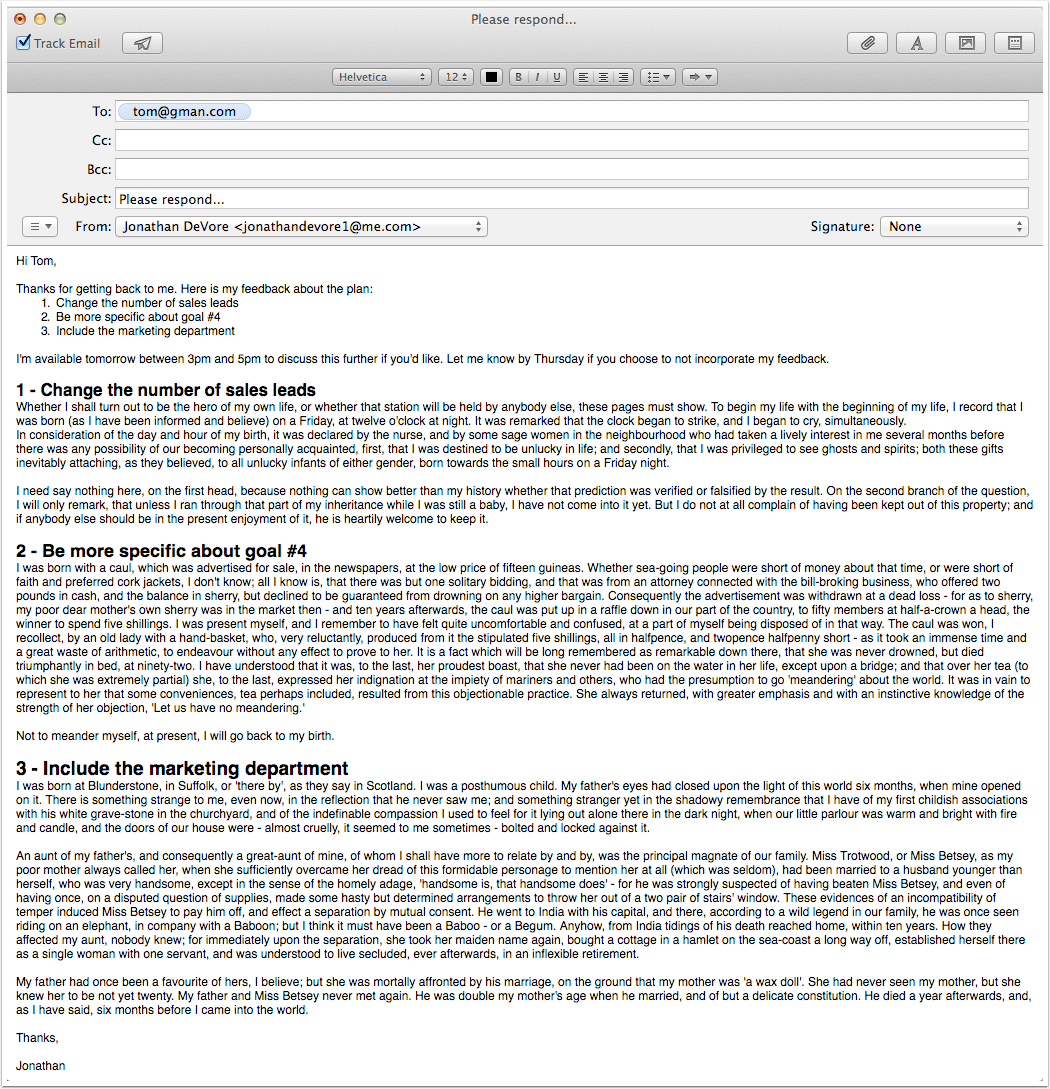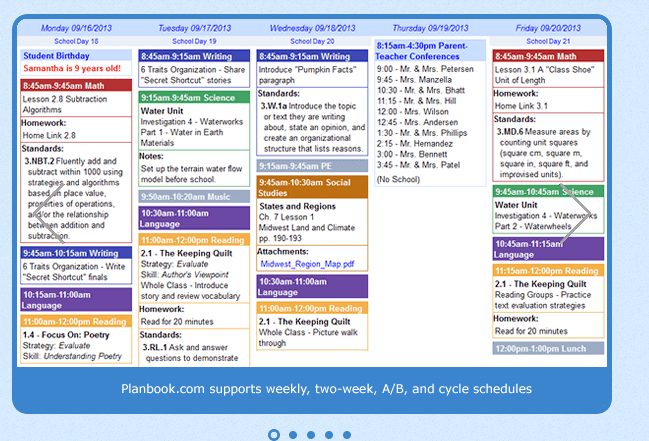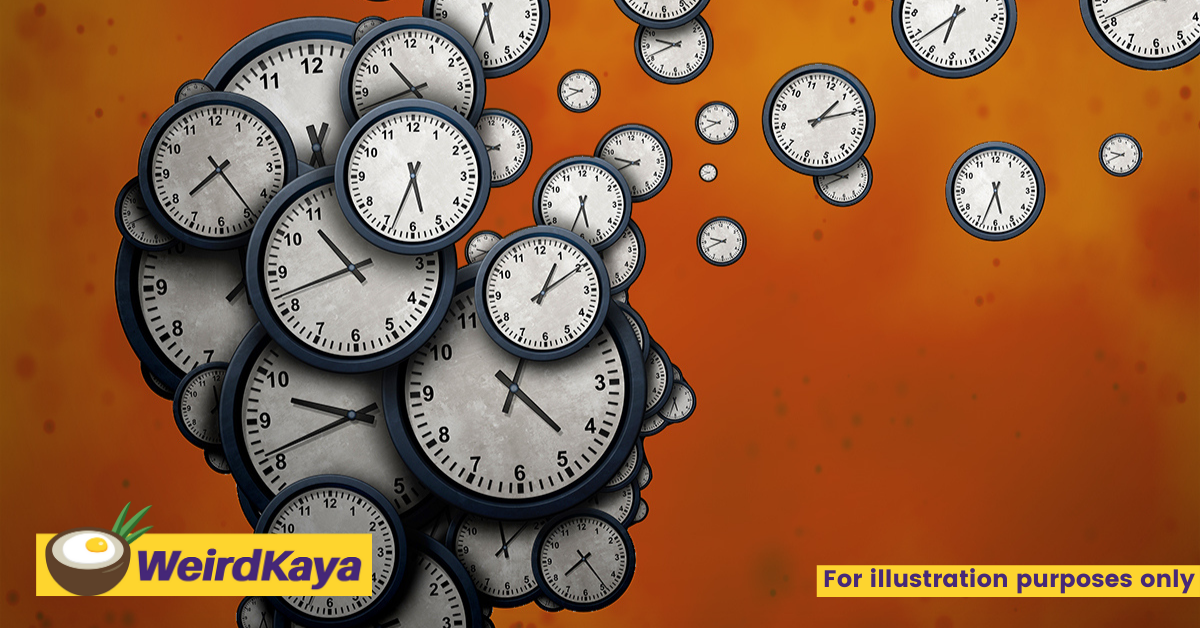Do you often complain about having no time to do the things you want? Or do you find yourself wishing that you had 26 hours a day instead of 24? According to acclaimed writer Takeshi Furuwaka, the culprit behind it may be habits that chip away at efficient time management and a sense of fulfilment.
Here are the ten habits that you should avoid/give up at all costs to make the most out of your time:

1. Making your bed
Most Asian mums would probably disagree with this, as they believe that tidying up the bed teaches their children how to be orderly and disciplined.

However, it has little to no effect on your daily activities. Furthermore, you’ll mess it up again every night. Let’s say you spend five minutes making the bed every day. It will consume more than 30 minutes a week, leading to more than 30 hours every year – time you can spend on something else. You can do the math yourself.
Disclaimer: Please discard this habit at your own risk. WeirdKaya’s not responsible for any Asian Mum punishments which may occur :P
2. Clicking “Eject” before unplugging the USB
In the past, IT technicians often told us to click “Eject” before pulling the USB stick out of the computer as failing to do so would do untold damage to the device. But, with technology evolving and improving at breakneck speeds, you can now pull the USB stick without a second thought.

3. Turning on the “Notifications” setting
Most apps now come with the “Turn on notifications” option, where it promises constant updates and mild annoyance with its bell-like ringtone. Although convenient, it distracts us from what we are doing and forces us to spend a few minutes scrolling through the mountain of notifications. Therefore, it’s imperative to set some rules in place, like limiting the time spent checking on notifications to an hour a day.

4. Multitasking
Modern life inevitably requires one to multitask, where cognitive and non-cognitive tasks are carried out together, such as answering a call while driving. However, this may stress the brain out as it is forced to concentrate on doing two or more tasks simultaneously, reducing work efficiency in the process.

5. Writing long emails
Email is an integral part of working life, where writing emails is a must-have skill for negotiation and communication purposes. While it is crucial to maintain a courteous tone, it may sometimes cause us to become long-winded and produce an essay instead of an email. The trick in avoiding this is to summarise the key points cordially so that it will not waste your and the recipient’s time.


6. Browsing webpages aimlessly
With new content being uploaded to the Internet every day, it’s no easy feat to stay focused on a single webpage. To solve this problem, you can consider following the Pomodoro Technique, which helps you work with the time you have by breaking your day into 25-minute “chunks”, with five-minute breaks in between. That way, it will motivate you to complete essential tasks within 25 minutes – nothing less and nothing more.
7. The more, the better?
The mobile phone is probably the most remarkable invention by humankind, where anyone can use it to play games, communicate, and even setting up blind dates. But as your daily demands increase, so does the number of apps on your phone. Eventually, you will be wasting time deciding, downloading, and deleting mobile apps to best fit your personal and working needs.

8. Irregular sleep patterns
If you want to have high work efficiency, you must first have good sleep quality. Irregular sleep patterns will cause fatigue, inattention, a weak immune system and a host of other health problems. The antidote? Cultivate the habit of going to bed and rising early! It’s that simple!

9. Being a yes-man (or woman)
No matter how capable or all-rounded you are, there will come a time where you need to step back and take a breather. Although helping others is a virtue, you don’t need to burn yourself out over it. Failing to exercise restraint in accepting requests will only ruin your wellbeing and accomplish nothing.

10. Being too detailed while planning
While it’s good to be cautious, but if you apply the same level of caution to every little thing in life, it will result in precious time being wasted away. Therefore, it’s better to allocate your time and resources according to each matter’s level of importance so that you do not over-plan for less urgent issues.

We hope that with these tips, it will help everyone to manage their time well and be more efficient. #WorkSmart
Sources: (United Daily News (UDN))
Editor: Raymond Chen
Proofreader: Sarah Yeoh



